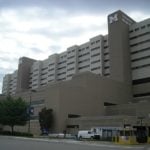Did you know that North Carolina is home to some of the best medical schools in the United States?
It would only make sense that a line-up of fantastic pre-med programs in the same state feeds these prestigious institutions.
Pre-med students across the nation can expect a rigorous curriculum during their undergraduate years.
While it’s true that pre-med students should excel in courses like chemistry, biology, and anatomy, pre-med students are generally able and encouraged to major in diverse subject areas.
One of the biggest hurdles in the pre-med journey? The MCAT® (Medical College Admission Test) is a standardized, multiple-choice examination designed to assess candidates’ readiness for a career in healthcare. Many medical schools base admission decisions partly on applicants’ MCAT® scores.
Other factors influencing admission include letters of recommendation, a record of field experiences and volunteer efforts, and an impressive academic background.
Luckily, the best pre-med schools in North Carolina are bolstered by strong pre-professional advising programs.
Many students in these schools receive a dedicated advisor throughout all four years of college, while others can take advantage of scholarships explicitly reserved for pre-med or pre-health students.
All of the schools on this list supplied 50 or more applicants to medical schools in the recent year, according to the Association of Medical Colleges.
Without further ado, we present the best pre-med schools in North Carolina!
The University of North Carolina – Chapel Hill (Chapel Hill, NC)
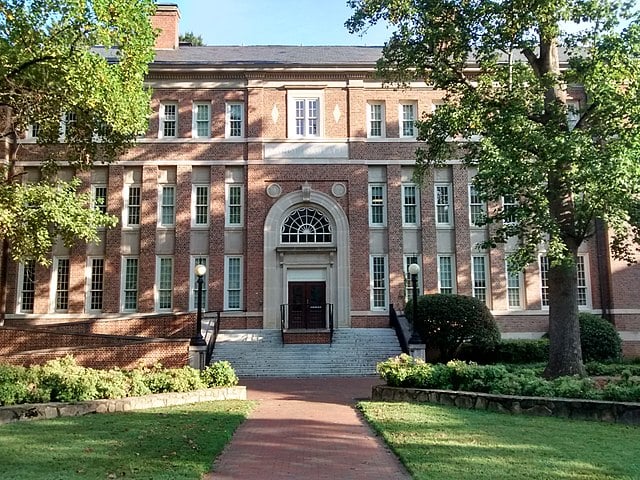
UNC is one of the nation’s top producers of pre-med students.
Upwards of 600 students apply annually to UNC’s own medical school, so the institution recognizes the competitive level of the admissions process and aims to prepare its pre-med students accordingly.
UNC undergraduates have long discussed the rigor of required science classes, like organic chemistry, which sometimes seems to fulfill a “weeding out” service.
Many UNC students start their college careers with existing AP or dual enrollment credit – having entry-level biology or chemistry credit enables them to take higher-level classes at an earlier point in their academic journeys.
Many pre-med students at UNC also pursue internships or job shadowing experiences in summer semesters.
On the fence about embarking on a pre-med path? It’s a commitment, and UNC recognizes that.
The school offers health professions exploration courses worth a single credit and graded on a pass/fail basis. AHSC 200 – Introduction to Allied Health Sciences – exposes participants to various health professions, enlightening them to the different ways they might utilize a medical degree.
Duke University (Durham, NC)
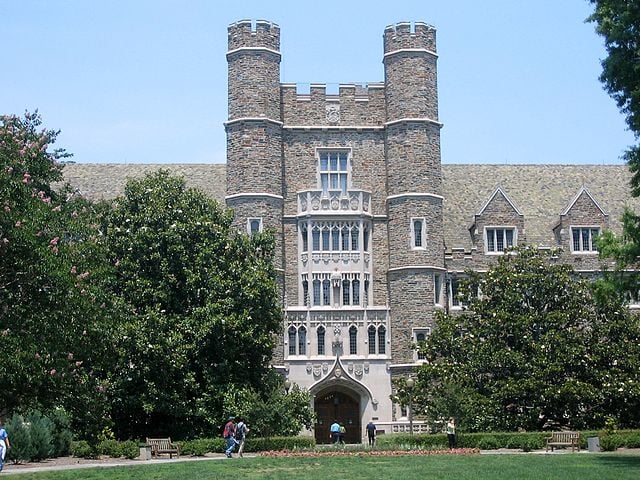
Only a few miles from UNC, Duke University offers equally impressive options for pre-med students.
The Office of Health Professions Advising is a significant support network for Duke pre-med undergraduates.
In the first two years at Duke, advisors help students explore opportunities within the health professions world and take relevant courses.
Come junior and senior years, students prepare for the MCAT and medical school admissions cycle while continuing their development in advanced classes.
Pre-health students major in typical subjects like chemistry and biology; that being said, it is totally acceptable to major in history, a foreign language, or international politics as a pre-med student!
Duke also organizes study abroad experiences targeting pre-health students in Costa Rica, China, and Spain, to name a few sites. In these experiences, students work in research laboratories and conduct independent studies. Others may volunteer in community health settings or tutor in schools.
Duke can claim that most of its graduating seniors are accepted to prestigious medical schools annually.
Duke recommends that all pre-health students engage in some job shadowing experience so that they can gain real insight into the daily responsibilities and dynamics of a health career.
North Carolina State University (Raleigh, NC)
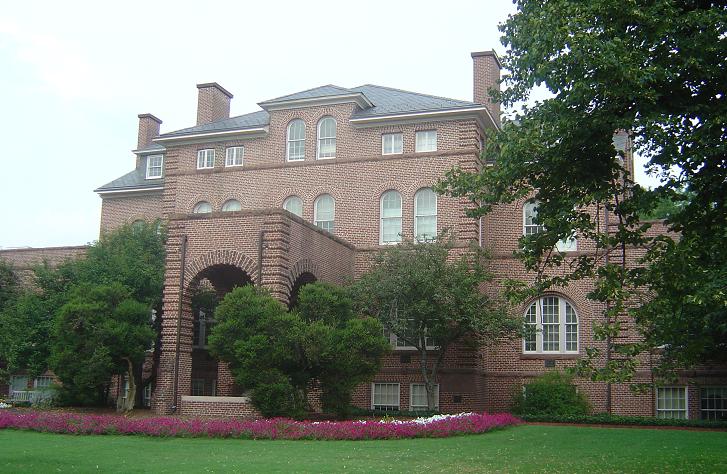
The Health Professions Advising team at NC State University is ready to arm students with interviewing tips, personal statement assistance, health professional school exploration, and academic coursework selection, among other services.
At NCSU, pre-health undergraduates do not follow a set pre-health curriculum; instead, they pursue coursework in an academic major of greatest interest while taking a solid foundation of classes in the natural sciences. Students are also encouraged to take courses focused on improving their technical writing skills.
NC State recognizes that competitive medical school candidates should have significant clinical experience.
The school assists pre-med students in securing field experiences in personal healthcare offices, free community health clinics, hospital offices, professional schools, and within major hospital systems like Duke Health, UNC Health, and WakeMed Health.
Still unsure about a pre-med pathway at NCSU? Students can join the Pre-Health Student Club, attend the annual spring health professions fair, or make an appointment to speak with a representative from Health Professions Advising.
Wake Forest University (Winston-Salem, NC)
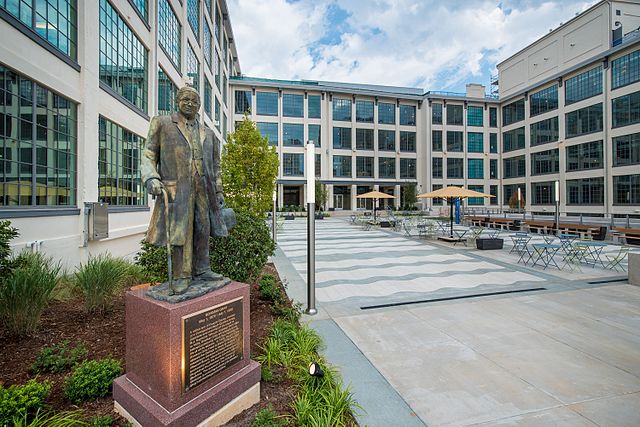
Many pre-med students are attracted to Wake Forest’s Early Assurance Program (EAP).
After completing their sophomore year, students can apply for early acceptance to the Wake Forest School of Medicine. If accepted, they are guaranteed entrance to the institution after completing their senior year.
Knowing where the light is at the end of the pre-med tunnel can eliminate the significant stress accompanying the competitive medical school admissions gauntlet.
Of course, there are eligibility requirements: applicants must meet or exceed a 509 on the MCAT and have an overall GPA and science GPA of 3.5.
All Wake Forest pre-med students will declare a major at the end of their second years – advising recommends that students focus on one area where they are the strongest, versus double-majoring in two science-related subjects, for example.
The school admissions committee certainly values quality over quantity of academic performance.
East Carolina University (Greenville, NC)
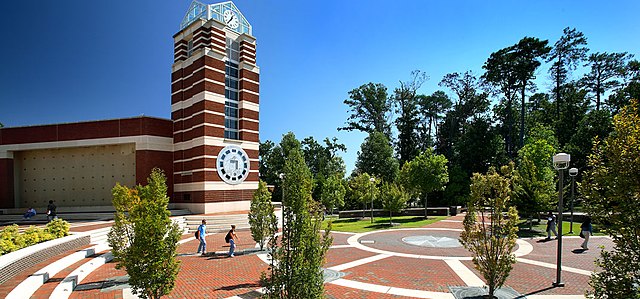
Each ECU pre-med student receives a designated advisor who will support them throughout their undergraduate careers – this person is the point of contact for questions regarding pre-med prerequisites, the medical school application process, and field experience opportunities.
While pre-med students can pursue any academic major, the BS in public health is a popular choice, enrolling nearly 900 students each fall semester.
This degree pathway trains pre-med students in hospitals, clinics, communities, and nonprofits. Additionally, majors complete experiential learning opportunities in schools, government offices, and private businesses.
In addition to pre-med, ECU offers pre-professional pathways in areas like dentistry, physical therapy, and veterinary medicine. Various student organizations exist to support pre-med students in their academic journeys and provide outlets for field experiences.
One such group – Health4PINE – is a nonprofit dedicated to promoting health awareness to young adults living in the community. At the same time, ECU Project Sunshine facilitates creative and social learning opportunities for pediatric patients living in a medical setting.
Davidson College (Davidson, NC)
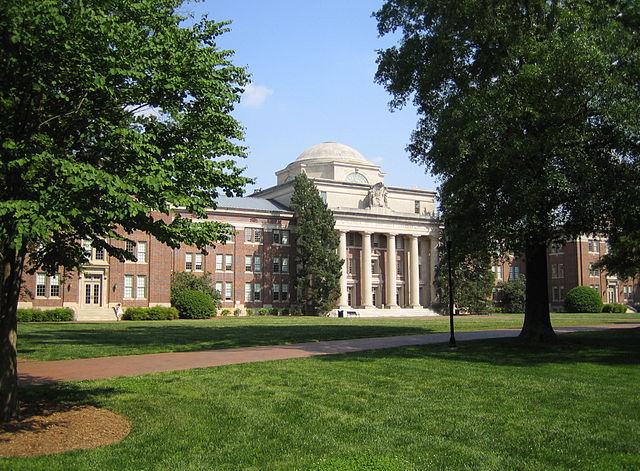
Davidson College’s own Brody School of Medicine – open exclusively to North Carolina residents – received over 1,200 applications last year and accepted only 7% from that cohort.
With the understanding of how competitive the admissions process is, Davidson has launched several initiatives to help prepare its undergraduate pre-med students for entrance into top medical schools.
For example, the Summer Program for Future Doctors (SPFD) exposes pre-med participants to a rigorous and thought-provoking curriculum designed to mirror the demands of medical school.
Approximately 30 pre-med students gain the chance to participate in this eight-week program, which includes opportunities to collaborate with faculty in laboratory settings.
The PAC is another way Davidson facilitates pre-med students’ medical school transitions.
Essentially the Pre-medical/Pre-health Advisory Committee (PAC) evaluates each pre-med student based on their academic record, devotion to the medical career, and ethical responses to a series of hypotheticals.
Students seek out these evaluations intending to use constructive feedback to increase their competitiveness in the medical school application cycle.
The University of North Carolina – Wilmington (Wilmington, NC)
Located on the North Carolina coast, UNC Wilmington connects pre-health undergraduates to an array of coaching, programming, and planning resources. Students can concentrate on one of 12 areas, including vision, occupational therapy, and pharmacy.
UNC-W seeks pre-med students as young as high school ninth graders!
The Interdisciplinary Health Education for Aspiring Leaders (iHEAL) experience exposes students living in underrepresented and rural communities to exciting careers and majors related to the healthcare industry, opening their minds to potential career pathways.
Once enrolled, pre-med students can take advantage of unique partnerships formed within the UNC college network.
For instance, UNC-W partnered with UNC Eshelman School of Pharmacy to innovate an Early Assurance Program for pre-pharmacy students.
This opportunity grants participating students the chance to connect with advisors as early as a semester before joining the doctoral program.


